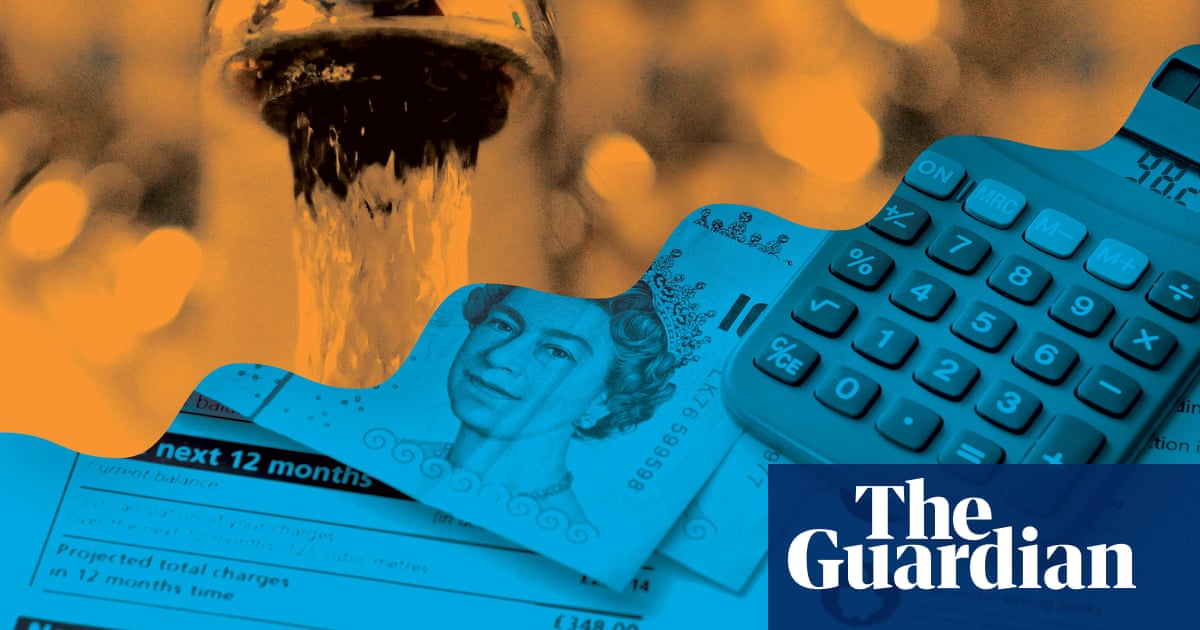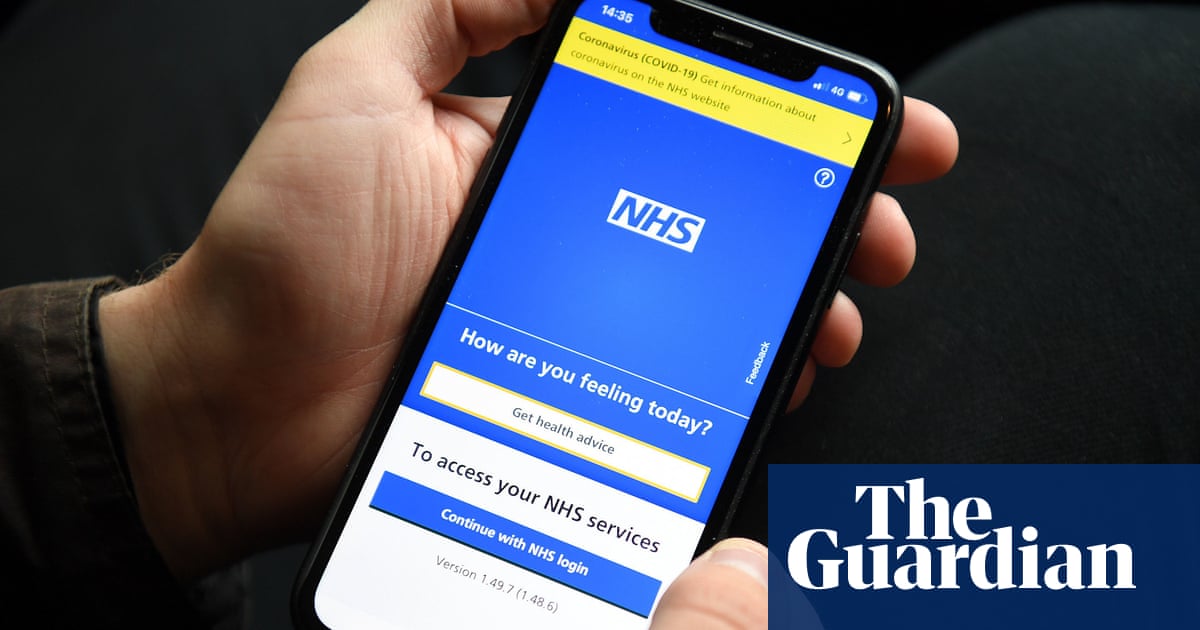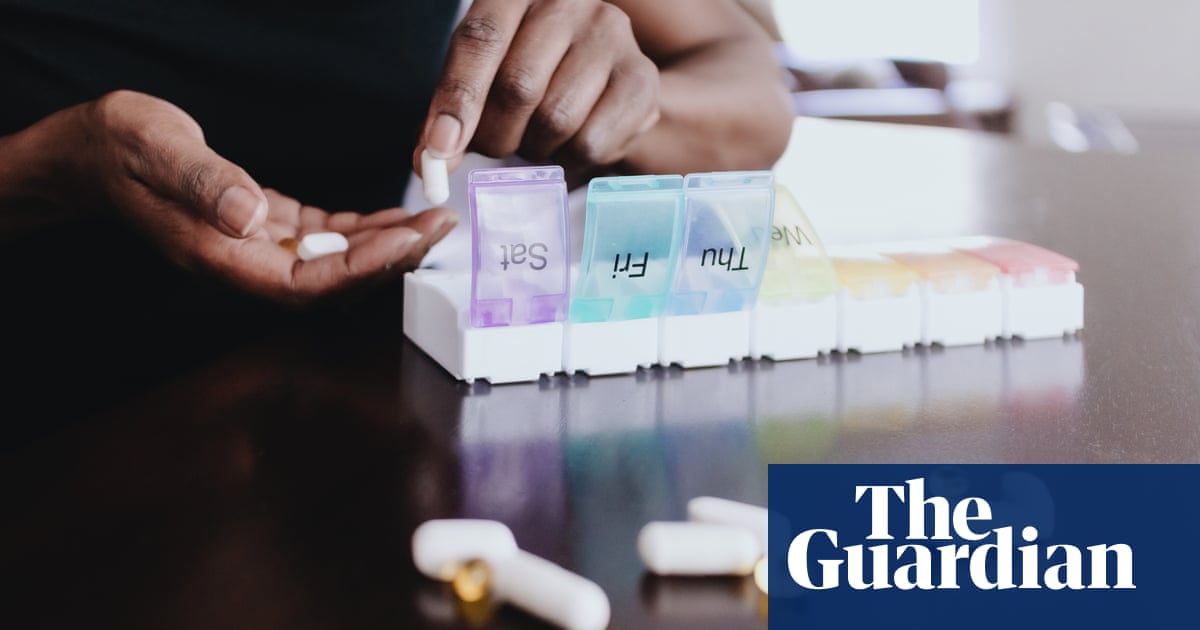
Private hospital operators including Spire Healthcare and Circle Health will receive between £225m and £525m from NHS England under a deal struck this week to maintain services and ensure the health service does not become overwhelmed as cases of the Omicron Covid variant surge.
NHS hospitals in England will be able to use private hospitals and staff if Covid-19 admissions soar to avoid delays in treatment for patients with serious illnesses such as cancer. The financial details of the three-month deal, announced on Monday, have emerged in a letter from the NHS England chief executive, Amanda Pritchard, to the health secretary, Sajid Javid, dated 7 January.
The letter sets out that private hospital groups will receive a minimum of £75m to £90m a month between January and March in return for the NHS reserving capacity at their hospitals. This could rise to £175m a month if there is a big increase in hospital admissions.
Private hospital groups have indicated they could provide about 5,600 beds if required, the letter says. It is estimated that 2,000 to 3,000 of these beds could be staffed, subject to staff absence levels, although the firms could not confirm this to the NHS. The companies also include Nuffield Health, Ramsay Health Care UK and Aspen Healthcare.
Pritchard warned in the letter that the NHS would be “exposed financially, particularly if surge arrangements are triggered”.
“On a per-bed basis, this is significantly more expensive than the equivalent cost of an NHS site with much less certainty on the potential staffed capacity,” she wrote.
“The NHS would normally only pay for activity actually delivered. In giving a minimum income guarantee there is a material risk that the NHS pays for activity that is not performed.”
But, in seeking approval for the deal from the health secretary, Pritchard went on to say: “You may also take the view that if we do nothing or delay, the risk that pressure will grow on the NHS leading to Omicron overwhelming local systems is unacceptable.
“Such risks manifesting would result in significant cancellation of elective care, where we have started to address the impact of earlier waves of the pandemic. You may therefore take the view that agreeing the contract now is lower risk in terms of tackling Omicron and the higher value for money risk is acceptable.”
The letter shows that NHS England has agreed a 10% premium to the standard NHS tariff for all work above the value of the minimum income guarantee, and further premiums for more complex work such as cancer treatments “to incentivise the relevant independent sector providers (ISPs) to deliver activity that would not normally be done by ISPs because they deem it not profitable at standard NHS tariffs”.
The deal, which expires on 31 March, comes after the Covid-19 outbreak prompted NHS England in March 2020 to strike a similar deal with the private sector, which cost about £400m a month. It block-booked all 7,956 beds in England’s 187 private hospitals along with their almost 20,000 staff to help the NHS as it battled Covid-19.












